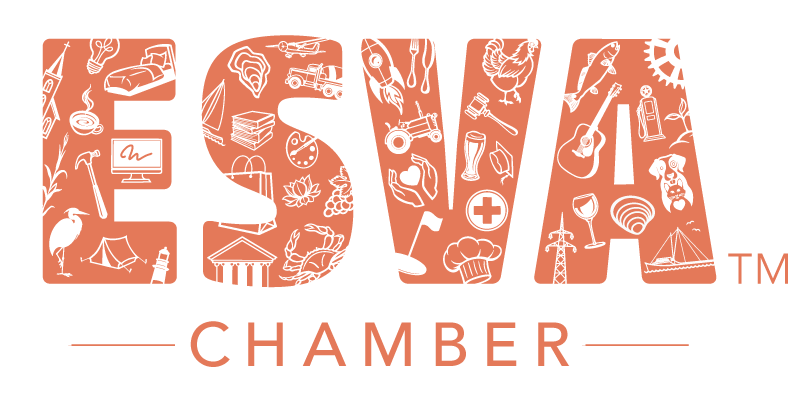Five Key Actions for Your Business In 2021
By Jim Carroll, Executive Director, SBDC of Hampton Roads
Now that 2020 is in our rearview mirror and with the start of the new year, it appears that things will slowly, yet steadily, improve. Small business owners need to look forward and plan ahead for their future operations in the upcoming year. While many aspects of business practices have changed and, in some instances rather dramatically, there are two constants on which you must rely; the need for information and the need to communicate.
Here are five key actions that all small business owners must consider as they plan to move forward in 2021:
A. Get accurate and up-to-date financials for your business. You need to know where you stand so that you can make realistic assumptions and plans for the future. Associated with this planning is the need for realistic budgeting. Cash flow will probably be your biggest challenge. Rather than relying on a monthly or quarterly reconciliation of your business accounts, develop a weekly budget, and balance the numbers at the end of every week.
B. Talk to your landlord, your suppliers, and your banker. See what assistance can be provided to help you overcome hurdles. Can you obtain a forbearance in rent payments, obtain supplier credits, or extended payment terms for inventory? Will you be able to establish a line of credit to cover short-term borrowing needs? Will you be able to participate in the new PPP and EID Loan programs and other programs that will help ease your cash flow burden? One point to remember is that there may/will be additional costs associated with any of the above. You will need to factor these into your budget and planning. Look at ways to have, either in cash or other means, three to four months in working capital to provide you a financial cushion.
C. Talk to your employees. Understand that the pandemic has impacted them and their families. Ensure they understand your concern for their wellbeing and safety. Additionally, you must ensure that they are cognizant of and comply with new guidelines and regulations on cleanliness and personal protection. Finally, they have to understand the singularly critical role they have in ensuring your/their customers have the best possible experience possible.
D. Talk to your customers. Understand and address their concerns about their safety. Remember, since March of 2020 their shopping habits have probably changed and you will need to regain their trust and loyalty. Find out what you can do to assist them and fulfill their needs and requirements. Pay particular attention to that 20% of customers who make up 80% of your sales and profits. Leverage what you have learned from this effort into marketing and promotional campaigns to attract new customers, further increasing sales and profits.
E. Seek advice from both peers and experts. Starting with your management team, speak with your accountant, attorney, banker, and insurance agent. Find out what is and is not available for you as you move forward. Seek advice and guidance from organizations such as the Service Corps of Retired Executives (SCORE), the Women’s Business Center (WBC), Veteran’s Business Outreach Center (VBOC), and the Small Business Development Center (SBDC). Reach out to your local Chamber of Commerce, like the Eastern Shore of Virginia Chamber, to learn what is taking place in your local area and network and advertise through their channels. Speak with your city’s Economic Development Department to learn of any assistance and guidance they may be able to provide and, finally, reach out to your local business organizations and speak with your contemporaries.
Hopefully, 2021 will be significantly better than the preceding year. Given what we are seeing in medical advances and vaccine distribution, I am cautiously hopeful that this will indeed be the case. One point not to forget is that everything you should be doing must be focused on protecting your business, employees, customers, and, most importantly, your bottom line.
